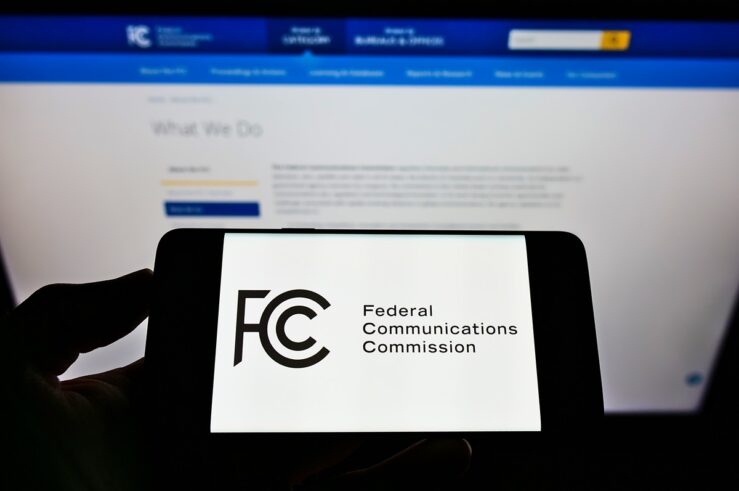The Harvard Journal on Law and Public Policy recently published a symposium on the contributions of Judge Robert Bork. Readers of TOTM might be interested in three essays on Bork’s enduring contributions to antitrust law from Judge Frank Easterbrook, Judge Douglas Ginsburg, and Professor George Priest. The following excerpt from Easterbrook’s essay, I thought, was particularly insightful:
I think it likely that the future will be like the past: the ability of judges and other regulators to second-guess markets has not improved. Economic models may have improved, but it is real world performance that matters. If “choose better regulators” or “educate the judges” has not been a successful prescription for the last 116 years, it will not become a good prescription tomorrow. This is not a matter of “faith in markets” or some other quasi-religious creed but of evidence. We want to look for suits actually filed that nailed bad practices (successes) or banned good ones (false positives), plus suits not filed where it turned out that exclusion occurred (false negatives). Only if the gains from the successful suits exceed the losses from the false positives can we say that litigation about exclusionary practices has been a success. And aside from pointing to the AT&T divestiture in 1982—something that likely was inevitable because of technological change, independent of antitrust—few people claim to identify even one success in this line of work.
In other words, judges and enforcers must be wary of claims that take the form: “Here is a model in which bad results can happen; let’s use the legal system to find out whether they happen.” That approach assumes away the costs of false positives. Because these costs are high (that’s what errors over the last century tell us), we should not seek to test theory in the halls of government, where mistakes may be inflicted on the populace. Test models the professional way, by gathering data, running regressions, and publishing in professional journals. Before predicting that the future will be unlike the past—that is, before predicting that judges and juries will acquire a comparative advantage at identifying practices that are bound to reduce welfare in the future—one must do empirical testing. Government fared poorly between 1890 and 2006, even when the rules were simple. Why should we think that regulators (including judges) will do well when the rules become complex, when strategies are designed to conceal relevant costs, and so on? If the strategies conceal matters from competitors, then they conceal from judges and other regulators too.




